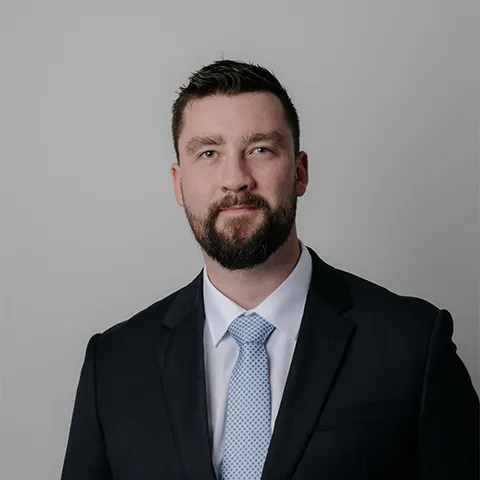The Queensland Work Health and Safety Prosecutor has recently filed three charges against Ardent Leisure Group (the owner/operator of Dreamworld) and is facing potential fines of up to $4.5 million in relation to the incident that killed four holidaymakers in 2016.
The charges have been filed pursuant to section 32 the Work Health and Safety Act 2011 (the Act).
The Act’s objective is to provide a balanced and consistent framework to secure the health and safety of workers and workplaces. The Act aims to ensure the elimination or minimisation of risks from workplaces including from particular types of substances or plant (machinery).
The Thunder River Rapids Ride, which was involved in the tragic incident in 2016, falls under the Act’s definition or category of ‘plant’. Accordingly, the Work Health and Safety Prosecutor is entitled to file charges against the company pursuant to the Act.
There are three elements the prosecution must prove pursuant to section 32 of the Act:
- a health and safety duty was owed;
- failure to comply with this duty; and
- the failure exposed individuals to a risk of death or serious injury or illness.
Health and safety duty
The prosecution should not have any issues establishing a health and safety duty being owed by Ardent Leisure to staff and patrons of Dreamworld.
All persons conducting a business must ensure, so far as is reasonably practicable, that the health and safety of others is not put at risk from work carried out as part of the conduct of the business.
Put simply, Ardent Leisure owes all employees and patrons a duty of care in relation to the maintenance and safe performance of their rides and attractions.
Failure to comply with duty
The prosecution must also show that Ardent Leisure through actions and/or omissions failed (or breached) the duty it owed to the four victims.
The independent Work Health and Safety Prosecutor Aaron Guilfoyle has stated the prosecution intends to pursue charges on the basis the company failed to provide and maintain safe plant and structures, safe work systems, and proper training and supervision to staff.
Supporting these arguments are the findings from the Coronial Inquest into the incident which identified a number of damning failures at the park.
Mr James McDougal, the Coroner for South East Queensland, has made a finding that the deaths were avoidable and there had been no proper safety assessment of the ride by a qualified engineer since it opened in 1987.
Mr McDougal also found company managers had ignored previous incidents involving the ride and had not taken action to fix these underlying problems.
Risk of death or serious injury
This element is unlikely to be challenged given the unfortunate death of the four individuals and the near misses of two further patrons.
It is clear the risk posed by the company’s failure in relation to the Thunder River Rapids ride, from any objective perspective, not only posed a risk but eventuated in the death of four individuals.
While the prosecution’s case is strong and with a volume of supportive evidence provided by the Coronial Inquest, many will wait with bated breath for the outcome of the matter given the highly publicised nature of the accident and case. The matter is due to be mentioned at the Southport Magistrates Court on 29 July 2020.
vbr Lawyers have acted for many victims (and families) in relation to serious injury or death resulting from the negligence or fault of others. We have also acted for many people who have witnessed tragic incidents.
If you find yourself in these unfortunate circumstances, it is important you seek legal advice from an experienced and reputable practitioner. vbr Lawyers are highly specialised in work accident claims, as well as personal injuries caused by the negligence of third parties and can assist with ensuring your rights are protected.



